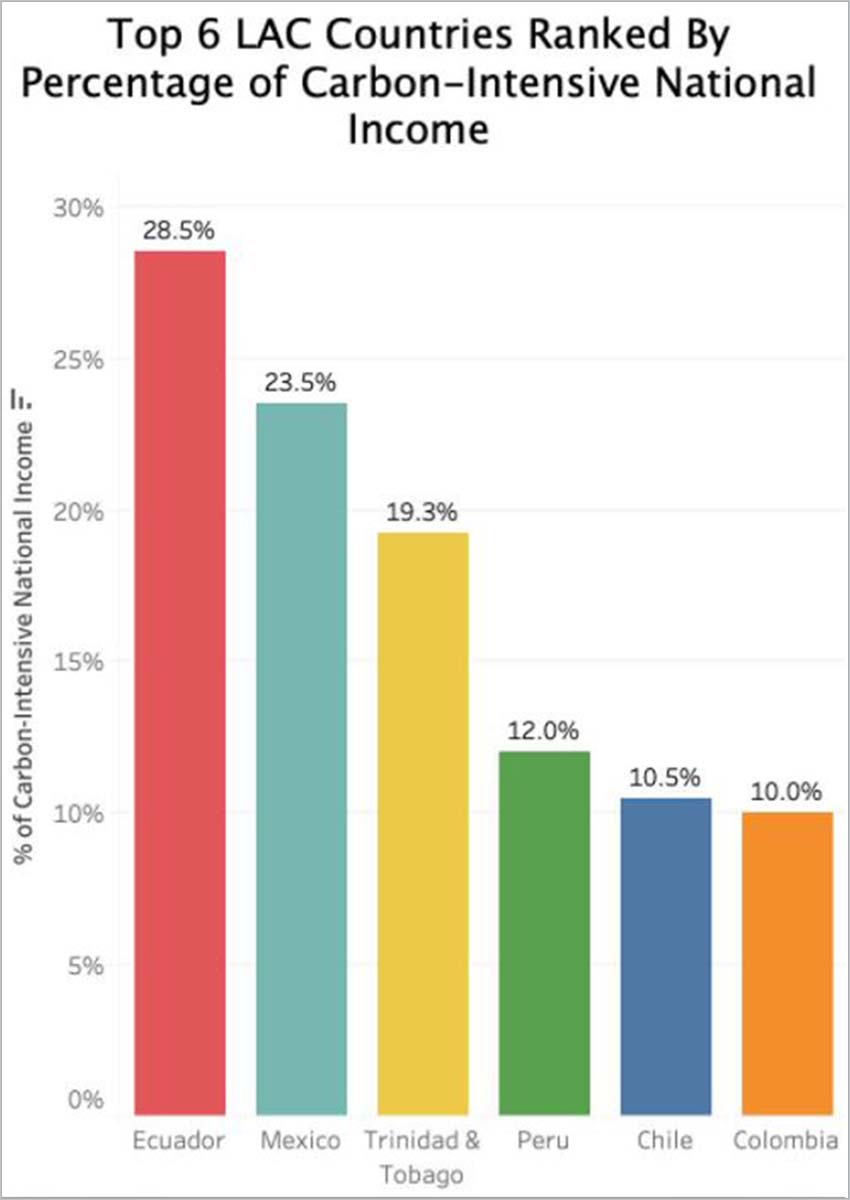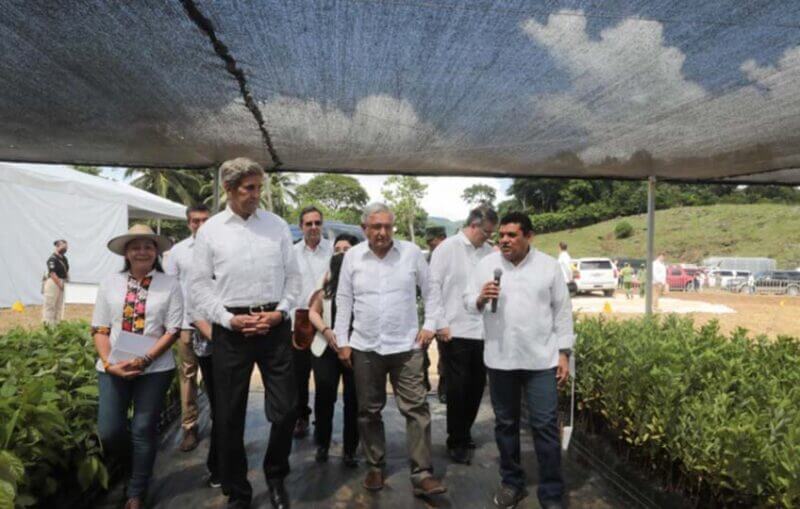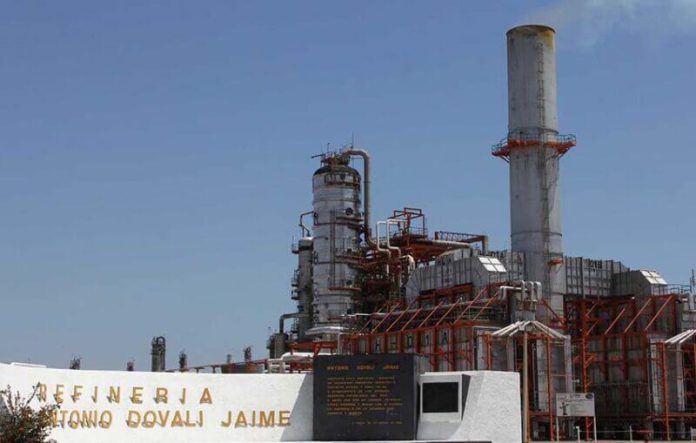Mexico will need to implement additional policies to meet its 2030 target of reducing its greenhouse gas emissions by 22%, according to an analysis by the Institute of the Americas.
The institute, an independent, inter-American organization that promotes public-private cooperation across the Americas, said in a report that “Mexico’s rollback of support to renewable energy and its response to the pandemic has put the country’s emissions on an upward path.”
“… Emissions will ramp up again as the economy recovers,” the institute said, predicting they will increase to 774–852 metric tonnes of carbon dioxide equivalent (MtCO2e) in 2030, excluding land use, land-use change and forestry initiatives.
Mexico is already the world’s 12th largest polluter (84th on a per capita basis), the report noted, with emissions of just under 680 MtCO2e annually, a figure equivalent to 1.5% of global emissions. The institute’s prediction entails a 14–25% increase in Mexico’s emissions over the next nine years.
The institute also said that Mexico will fall short of its interim goal of 35% clean energy by 2024.

“The government is now favoring fossil fuels with the construction of a new refinery; a new budget allocation for the modernization of coal, diesel, gas and oil-fueled power plants; and the cancellation of long-term power auctions,” it said.
“Lastly, a recent energy bill effectively halting private renewable energy investments prioritizes the government’s own aging fossil-fuel plants. This reform could force changes in the electricity dispatch order that would significantly increase CO2 emissions,” the institute said.
It noted in its report — entitled Nationally Determined Contributions Across the Americas: A Comparative Hemispheric Analysis — that the impacts of climate change are already being felt in Mexico and the broader region. It cited Hurricanes Lota and Eta smashing into Central America last year, massive forest fires across the Amazon and severe drought in Mexico, Argentina, Paraguay and Uruguay as examples.
The institute said that many countries in the region have “ambitious climate commitments for 2030 and 2050” but noted that they lack the national and external funding to achieve them.
However, Mexico, which has an estimated US $6 billion funding gap, and Brazil — which together are “responsible for over 50% of the region’s overall emission — are both lagging compared to the region’s collective efforts to tackle the global climate crisis,” the report said.
“The actions of these two countries could also have potentially negative region-wide effects. In both cases, their updated NDCs [national determined contributions] are no more ambitious, and their respective governments are implementing policies and regulations that could in fact reverse mitigation efforts. In short, if they were not yet on track to meet climate pledges before, they are now on an upward emissions trend,” it said.

The institute also said that Mexico had been at the forefront of the fight against climate change, both domestically and internationally, until the current government took office.
President López Obrador has championed the continued use of fossil fuels and primarily points to his tree-planting employment program – which he describes as the world’s largest reforestation scheme – to illustrate his climate credentials.
However, Sembrando Vida (Sowing Life), as the program is called, has faced accusations of corruption and claims that it is in fact causing deforestation.
Mexico News Daily
